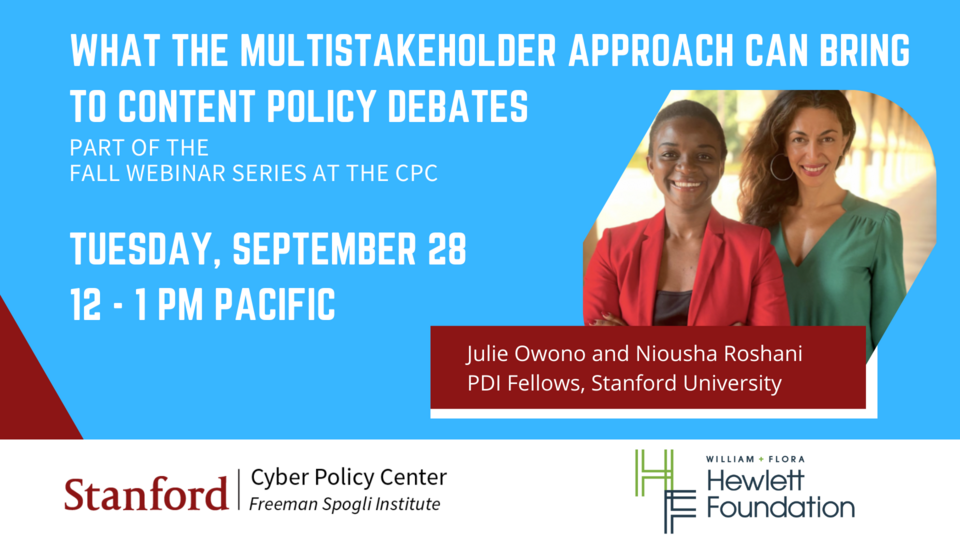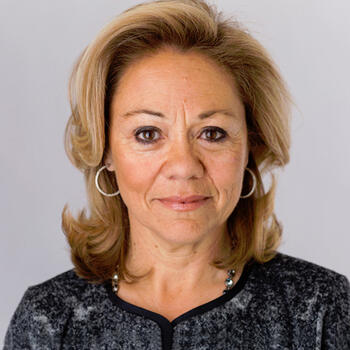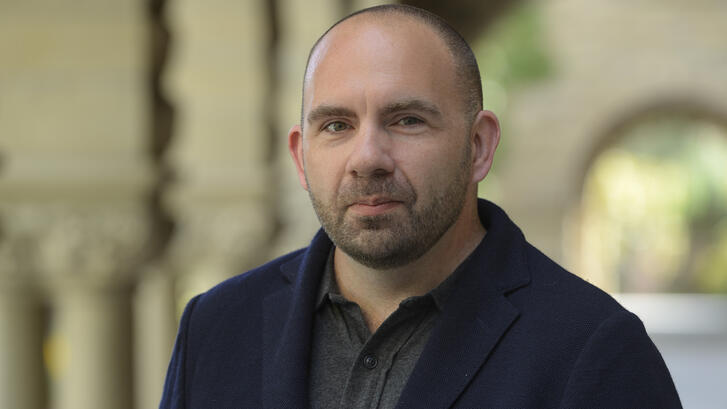This event is available through livestream only. Please register in advance to receive a personalized link to watch the webinar: https://bit.ly/3tNN7wG
Myanmar Back into Darkness: 2021 Shorenstein Journalism Award Recipient Swe Win to Headline Award Panel Discussion
The military coup in February 2021 put an abrupt end to hopes of democracy and liberty in Myanmar. With every form of free speech now brutally suppressed, one of the major victims of the coup has been the independent press. Newsrooms were raided and dozens of journalists have been arrested. Several publications, including Myanmar Now, had their operating licenses revoked and their websites blocked. Most of the staff of the news outlets targets by the junta were forced to flee to territories along the country's border areas controlled by ethnic armed organizations. From there, they continue their professional work despite the threats to their lives and logistical difficulties.
Join APARC as we honor Burmese investigative journalist Swe Win, editor-in-chief of Myanmar Now and winner of the 2021 Shorenstein Journalism Award. In his award keynote address, Swe Win will speak about journalism under threat in Myanmar, what it is like to report on the crisis in the country from outside while in exile, and Myanmar’s future.
The keynote will be followed by a conversation with Swe Win and two experts: Scot Marciel, a career diplomat, former U.S. ambassador to Myanmar, and currently a visiting practitioner fellow on Southeast Asia at APARC, and Eileen Donahoe, executive director of the Global Digital Policy Incubator at Stanford.
The event will conclude with an audience Q&A session moderated by Donald K. Emmerson, Director of the Southeast Asia Program at APARC.
Follow us on Twitter and use the hashtag #SJA21 to join the conversation.
Speakers:
Swe Win is a Burmese journalist, human rights defender, and the chief editor of Yangon-based news outlet
Myanmar Now. He has survived an assassination attempt and detention by his own government. Now he leads
Myanmar Now from exile and his newsroom is in hiding.
Swe Win has written extensively on human rights cases that involve physical injury or death, unlawful detention or miscarriage of justice in Myanmar. He is the recipient of the 2019 Ramon Magsaysay Award for Emergent Leadership, which is regarded as Asia's equivalent of the Nobel Prize, the 2017 European Union’s Schuman Award for Human Rights, and the 2016 Presidential Certificate of Honor for Social Service through Journalism from the Myanmar Ministry of Information for his groundbreaking investigation into years-long abuse of domestic workers at a Yangon tailor shop.
Previously, he worked as a senior reporter for the Irrawaddy Magazine and freelanced for international publications such as the New York Times. From 1998 to 2005, he spent seven years in jail for distributing anti-junta material.
Photograph: Thet Htoo for the Mekong Review - https://mekongreview.com/cause-and-karma
Eileen Donahoe is the executive director of the Global Digital Policy Incubator (GDPI) at the Cyber Policy Center at Stanford University’s Freeman Spogli Institute for International Studies. GDPI is a global multi-stakeholder collaboration hub for development of policies that reinforce human rights and democratic values in digitized society. Areas of current research include AI and human rights, combating digital disinformation, and governance of digital platforms.
Donahoe served in the Obama administration as the first U.S. Ambassador to the UN Human Rights Council in Geneva, at a time of significant institutional reform and innovation. After leaving government, she joined Human Rights Watch as director of global affairs, where she represented the organization worldwide on human rights foreign policy, with special emphasis on digital rights, cybersecurity, and internet governance. Earlier in her career, she was a technology litigator at Fenwick & West in Silicon Valley.
She serves on the National Endowment for Democracy Board of Directors; the Transatlantic Commission on Election Integrity; the World Economic Forum Future Council on the Digital Economy; University of Essex Advisory Board on Human Rights, Big Data and Technology; NDI Designing for Democracy Advisory Board; Freedom Online Coalition Advisory Network; and Dartmouth College Board of Trustees.
Scot Marciel is a career diplomat with 35 years of experience in Asia and around the world. He is currently a visiting practitioner fellow on Southeast Asia at Shorenstein APARC.
Mr. Marciel served as U.S. Ambassador to Myanmar from March 2016 through May 2020, leading a mission of 500 employees during the difficult Rohingya crisis and a challenging time for both Myanmar’s democratic transition and the United States-Myanmar relationship. Prior to serving in Myanmar, Ambassador Marciel served as Principal Deputy Assistant Secretary for East Asia and the Pacific at the State Department, where he oversaw U.S. relations with Southeast Asia.
In previous roles, he served as U.S. ambassador to Indonesia, the first U.S. ambassador for ASEAN Affairs, deputy assistant secretary of state for Southeast Asia, at U.S. missions in Turkey, Hong Kong, Vietnam, Brazil and the Philippines, and at the State Department in Washington in multiple positions.
About the Shorenstein Journalism Award:
The Shorenstein Journalism Award, which carries a cash prize of US $10,000, recognizes outstanding journalists who have spent their careers helping audiences around the world understand the complexities of the Asia-Pacific region, defined broadly to include Northeast, Southeast, South, and Central Asia and Australasia. Award recipients are veteran journalists with a distinguished body of work. News organizations are also eligible for the award.
The award is sponsored and presented by the Walter H. Shorenstein Asia-Pacific Research Center (Shorenstein APARC) at Stanford University. It honors the legacy of the Center’s benefactor, Mr. Walter H. Shorenstein, and his twin passions for promoting excellence in journalism and understanding of Asia. It also symbolizes the Center’s commitment to journalism that persistently and courageously seeks accuracy, deep reporting, and nuanced coverage in an age when attacks are regularly launched on the independent news media, on fact-based truth, and on those who tell it.
An annual tradition, the Shorenstein Journalism Award alternates between recipients whose work has mostly been conveyed through American news media and recipients whose work has mostly been conveyed through news media in one or more parts of the Asia-Pacific region. Included among the latter candidates are journalists who are from the region and work there, and who, in addition to their recognized excellence, may have helped defend and encourage free media in one or more countries in the region.
Learn more at https://aparc.fsi.stanford.edu/events/shorenstein-journalism-award.









![[Left] Postdoc Spotlight, Jeffrey Weng, Shorenstein Postdoctoral Fellow in Contemporary Asia, [Right] Jeffrey Weng](https://fsi9-prod.s3.us-west-1.amazonaws.com/s3fs-public/styles/727x409/public/hero/postdoc_spotlight_jeffrey_weng_hero.png?h=c4d9845d&itok=kxy013k3)


